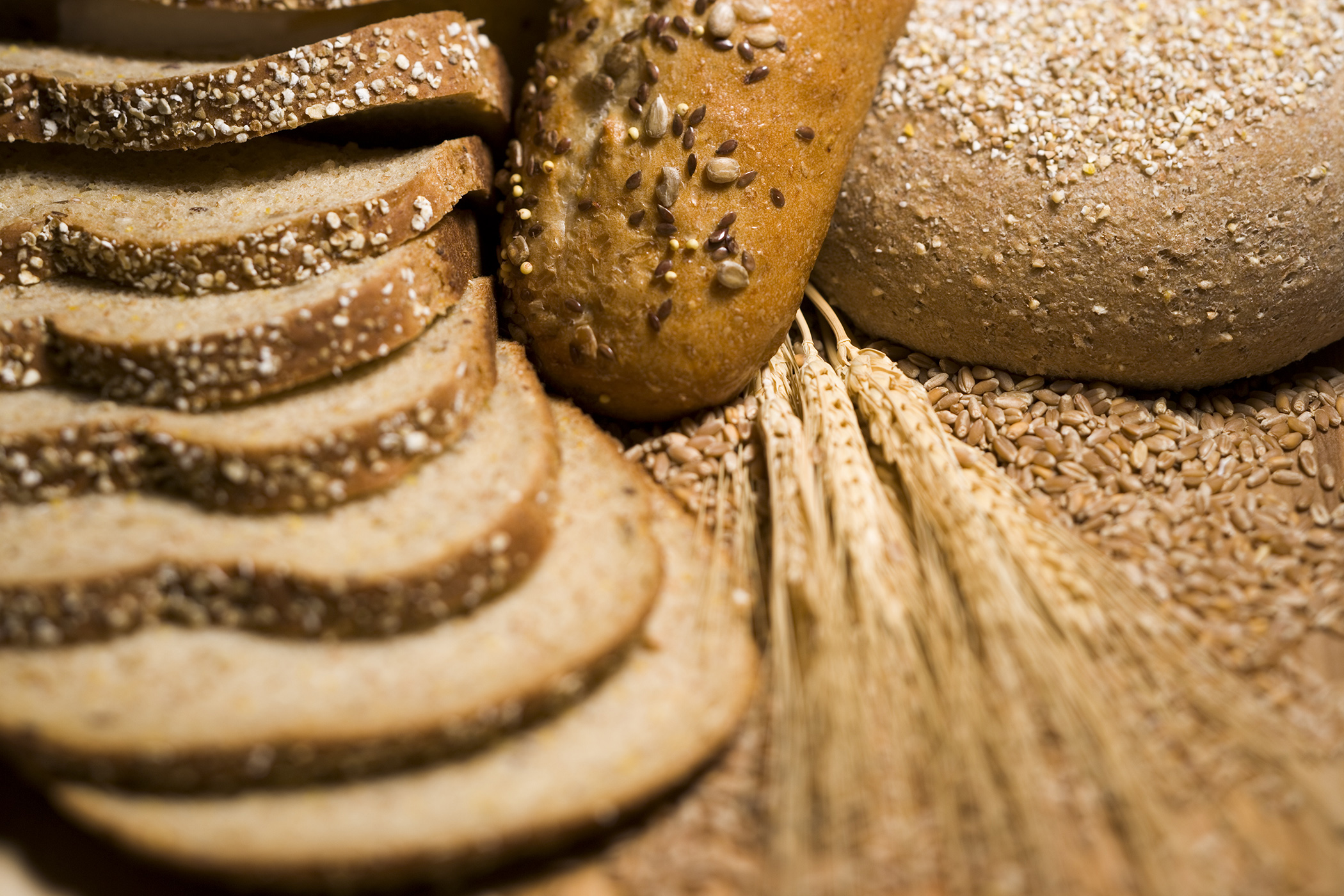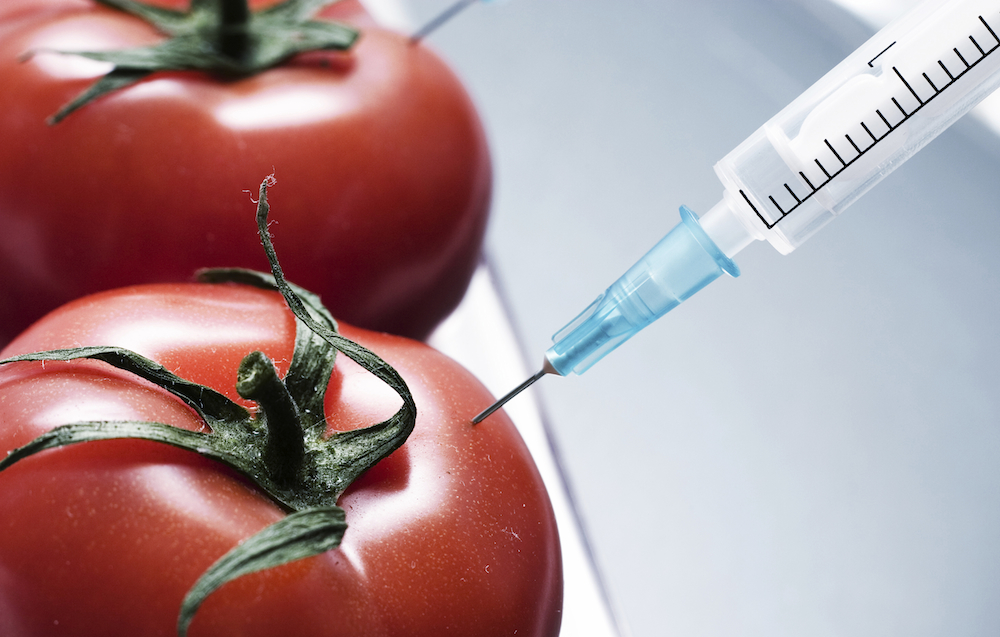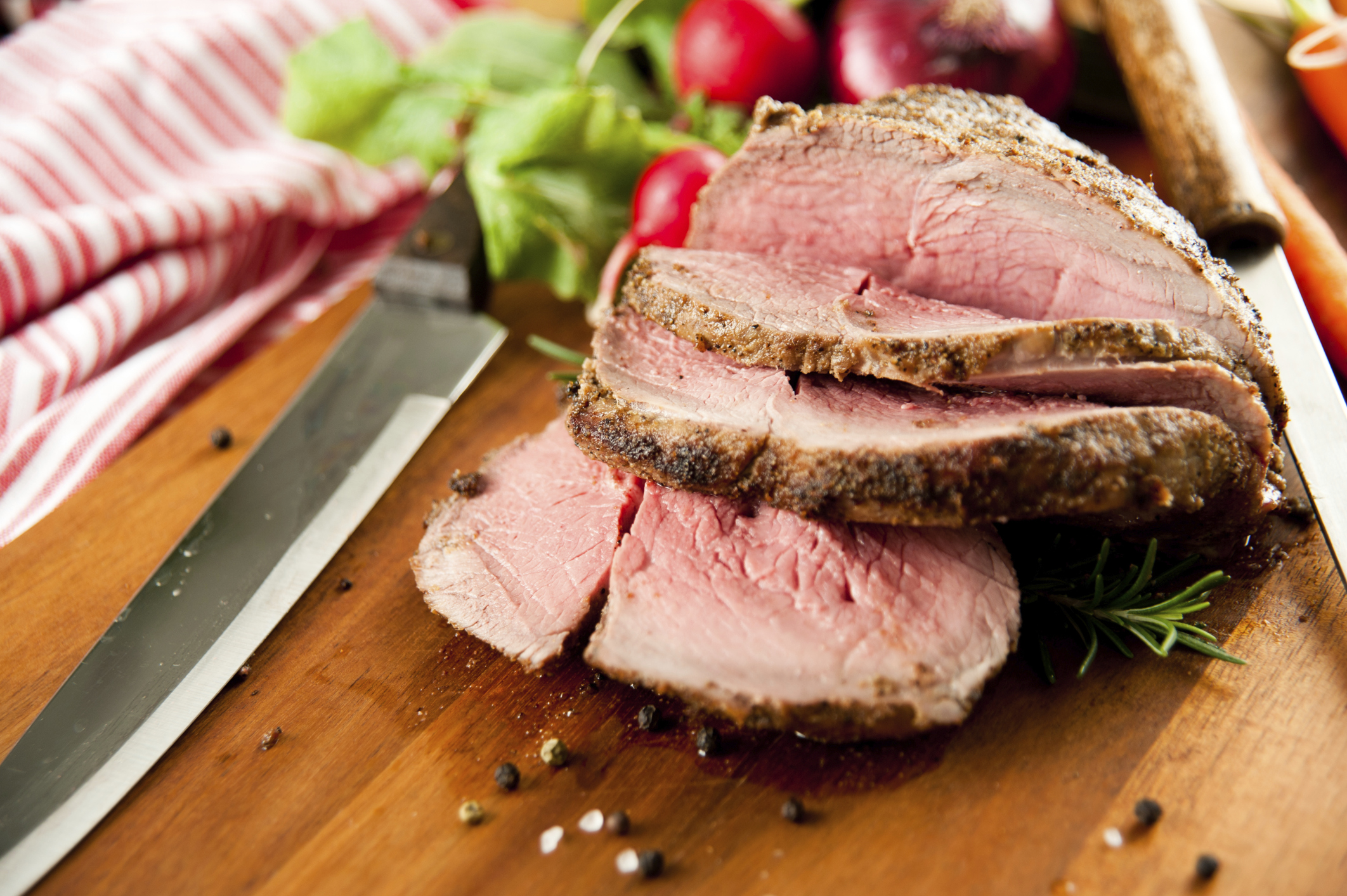Dietary fiber is mostly associated with a better digestive system but people don’t realize that it is the secret to weight loss and a balanced diet. Several diseases, including diabetes and cholesterol issues are also prevented if you meet your daily fiber requirements.
While the recommended fiber consumption is generally between 25 to 35 grams, you should aim for more so that you end up either hitting your mark or falling just a little short. Believe it or not, given how popular processed food products are these days, most people don’t even meet half of their daily fiber requirement. Here are a few simple tips to help you include more fiber in your diet.
Eat more leafy vegetables
Leafy greens generally have the most fiber content and the least calories. If you are averse to eating vegetables like spinach and kale, you can go for salads and sandwiches with lots of lettuce and cabbage. Submarine sandwiches with lots of green vegetables are also good sources of fiber and keep you filled up for longer.
Go for berries
Berries can be excellent sources of fiber along with other nutrients, without packing much calories. A cup of raspberries can give you around 8 grams of fiber, and they are perfect for eating with yogurt in the morning or blending with your morning shake.
Whole-grain carbs
By simply switching from processed and ‘white’ varieties of rice, bread and pasta to their whole-grain versions, you can significantly increase your fiber intake and reduce the risk of contracting heart diseases and diabetes. Processed carbohydrates are usually quick burning and spike your blood sugar levels as well. The benefits of going whole-grain considerably outweigh any changes in taste and texture.
Go nuts for nuts
Not only are nuts excellent sources of protein and fats, they also have good quantities of fiber. ¼ cup of almonds for example can provide you with 4 grams of fiber, and you can easily add them to your morning shake or take a small bag with you to work and snack on them through the day.
Legumes and beans
Not only do legumes and beans bring variety to your dinner or lunch, they are also excellent sources of fiber. A cooked cup of lentils for instance, can give you around 16 grams of fiber, which will make up around half of your daily requirement.





No Comment